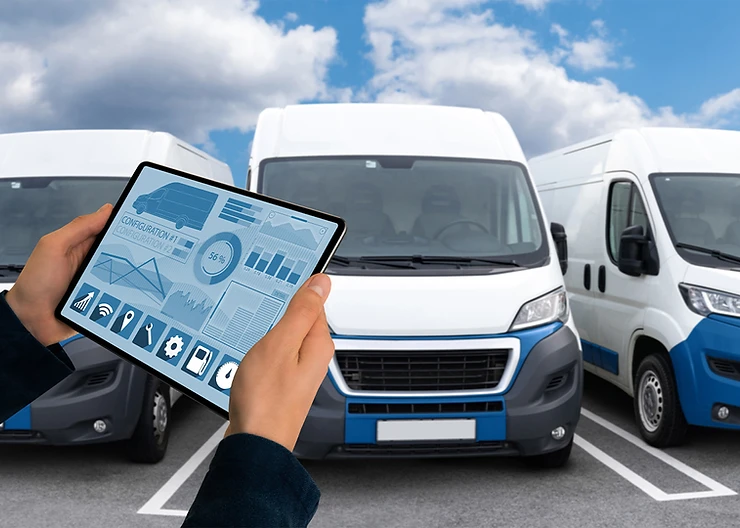
Investing in a fleet is a major decision, and it’s essential to do your due diligence before signing on the dotted line. Conducting thorough fleet due diligence can help you avoid costly mistakes and ensure you’re getting the best possible value for your money.
In this blog post, we’ll discuss the five most important things to consider when conducting fleet due diligence. By following these tips, you can be confident that you’re making an informed decision about your next fleet purchase.
The first thing you need to consider is the condition of the vehicles in the fleet. You’ll want to get a detailed report of each vehicle to identify any potential problems. Be sure to ask for maintenance records and service history reports.
It’s also important to consider the age of the vehicles. Older vehicles are more likely to have problems, so you’ll need to factor in the cost of repairs, maintenance, and replacements when making your decision. Understanding the remaining useful life will help you project when additional investments need to be made.
In addition to the condition of the vehicles, you’ll also want to consider the fleet’s operating history. This includes things like the average miles driven per year, the types of cargo that have been transported, and the maintenance and repair history.
The fleet’s operating history can give you valuable insights into the potential problems you may encounter down the road. For example, if the fleet has been used to transport heavy cargo, the vehicles may be more likely to have problems with the suspension or brakes. This is useful to estimate the remaining useful life for each vehicle.
It’s not just about vehicles; it’s about the people behind them. Evaluate the target’s personnel and staff. Do their skills and experience align with your needs? Will their existing processes mesh seamlessly with yours? Skilled and productive employees are the fuel that keeps operations running smoothly.
The fleet’s technology is also something to consider. Modern fleets are often equipped with a variety of technologies that can improve efficiency and safety. These technologies can include things like GPS tracking, electronic logging devices (ELDs), and collision avoidance systems.
The specific technologies that are important to you will depend on your needs. However, it’s a good idea to consider the fleet’s technology level when making your decision.
Anticipate future needs when conducting your assessment of the fleet. Consider factors like changing market demands, technological advancements, and potential growth. Investing in a flexible fleet that can adapt to evolving industry standards and business expansion plans ensures long-term viability, enabling you to adjust to market shifts without significant disruptions or additional investments.
Conducting fleet due diligence is an essential step in the fleet purchasing process. By following the tips in this blog post, you can be confident that you’re making an informed decision about your next fleet purchase.
At Streamliners, we understand the significance of these considerations and strive to assist businesses in making informed fleet management decisions. Our expertise lies in offering tailored solutions that align with your specific needs, ensuring optimal fleet performance and cost-effectiveness.